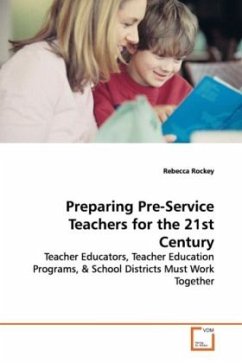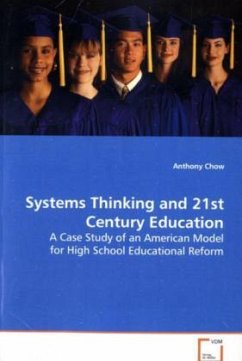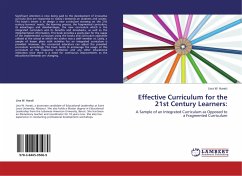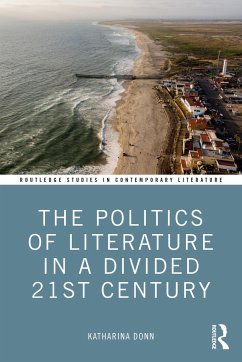
Teaching English as a foreign language in the 21st century:
Perceptions, attitudes, dilemmas, types of talk and educational needs
Versandkostenfrei!
Versandfertig in 6-10 Tagen
52,99 €
inkl. MwSt.

PAYBACK Punkte
26 °P sammeln!
The thesis addresses the field of didactics and studies a group of teachers of English as a foreign language (EFL): First, how do they perceive the teaching of English as a foreign language (TEFL) in the light of the curriculum for the 10-year compulsory school in Norway, and what attitudes to learning in EFL do they reveal? Second, what dilemmas do the different types of perceptions and attitudes imply for the teachers, and how do they talk about TEFL? Its ambition is to see the TEFL landscape more clearly and to open up for a critical, but constructive outlook on TEFL. In both cases the impl...
The thesis addresses the field of didactics and
studies a group of teachers of English as a foreign
language (EFL): First, how do they perceive the
teaching of English as a foreign language (TEFL) in
the light of the curriculum for the 10-year
compulsory school in Norway, and what attitudes to
learning in EFL do they reveal? Second, what
dilemmas do the different types of perceptions and
attitudes imply for the teachers, and how do they
talk about TEFL? Its ambition is to see the TEFL landscape more clearly and to open up for a
critical, but constructive outlook on TEFL. In both
cases the implications for the teachers educational
needs is a main concern. The teachers perceptions,
attitudes, dilemmas and types of talk are researched
through discursive group interviews which provide
the talk-in-interaction data. The methodological
approach implies a social constructionist framework
and discourse analysis inspiredby Discursive
Psychology.
studies a group of teachers of English as a foreign
language (EFL): First, how do they perceive the
teaching of English as a foreign language (TEFL) in
the light of the curriculum for the 10-year
compulsory school in Norway, and what attitudes to
learning in EFL do they reveal? Second, what
dilemmas do the different types of perceptions and
attitudes imply for the teachers, and how do they
talk about TEFL? Its ambition is to see the TEFL landscape more clearly and to open up for a
critical, but constructive outlook on TEFL. In both
cases the implications for the teachers educational
needs is a main concern. The teachers perceptions,
attitudes, dilemmas and types of talk are researched
through discursive group interviews which provide
the talk-in-interaction data. The methodological
approach implies a social constructionist framework
and discourse analysis inspiredby Discursive
Psychology.












